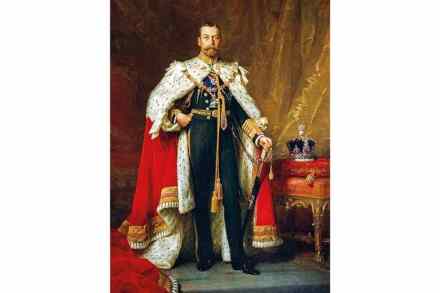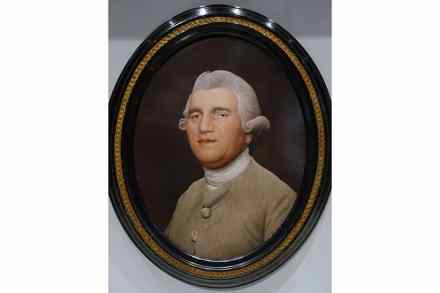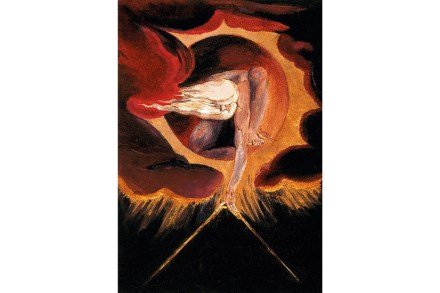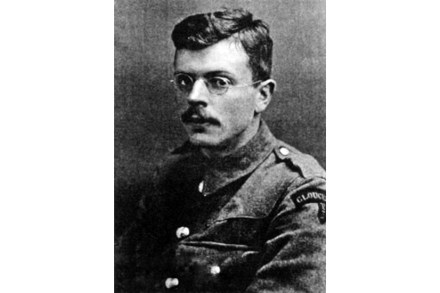How Shane MacGowan became Ireland’s prodigal son
I once stood on a Dublin street with Shane MacGowan and watched little old ladies who can’t ever have been Pogues fans blessing him as they passed by: ‘God love you, Shane!’ On his 60th birthday, in 2017, Michael D. Higgins, the President, presented him with a lifetime achievement award, while Nick Cave, Bono, Johnny Depp, Sinead O’Connor and Gerry Adams applauded. He is, if not Ireland’s national treasure, then certainly its prodigal son. Yet he was not even born in Ireland. He likes to make out that he grew up as a barefoot urchin on his grandparents’ farm, The Commons, in Tipperary, but in fact he was raised in




















